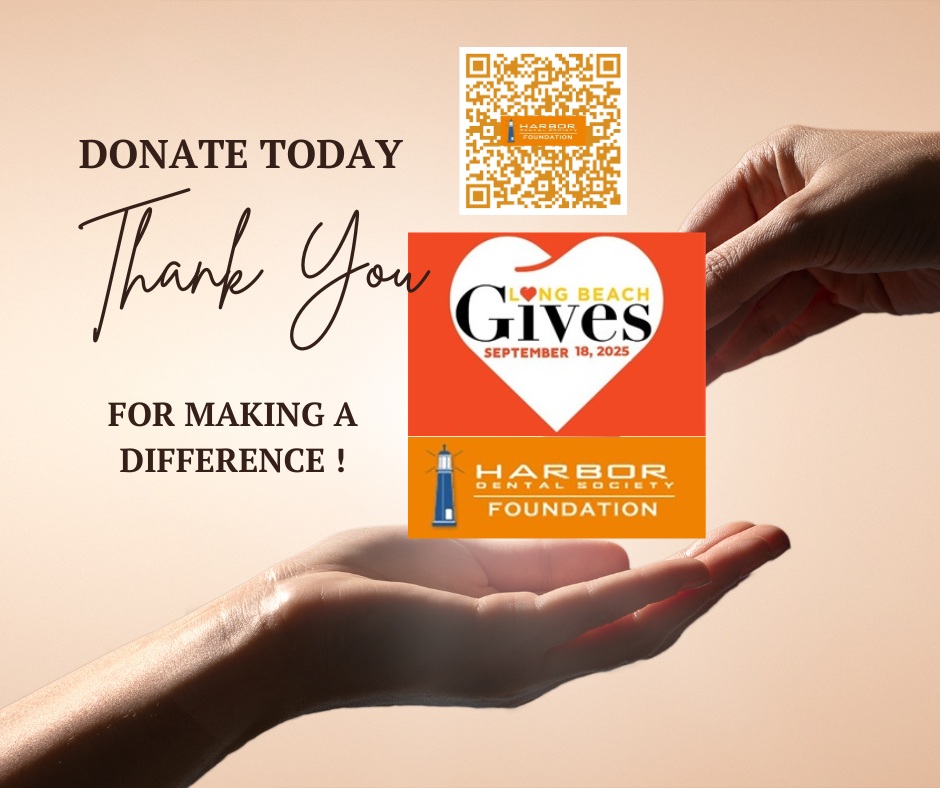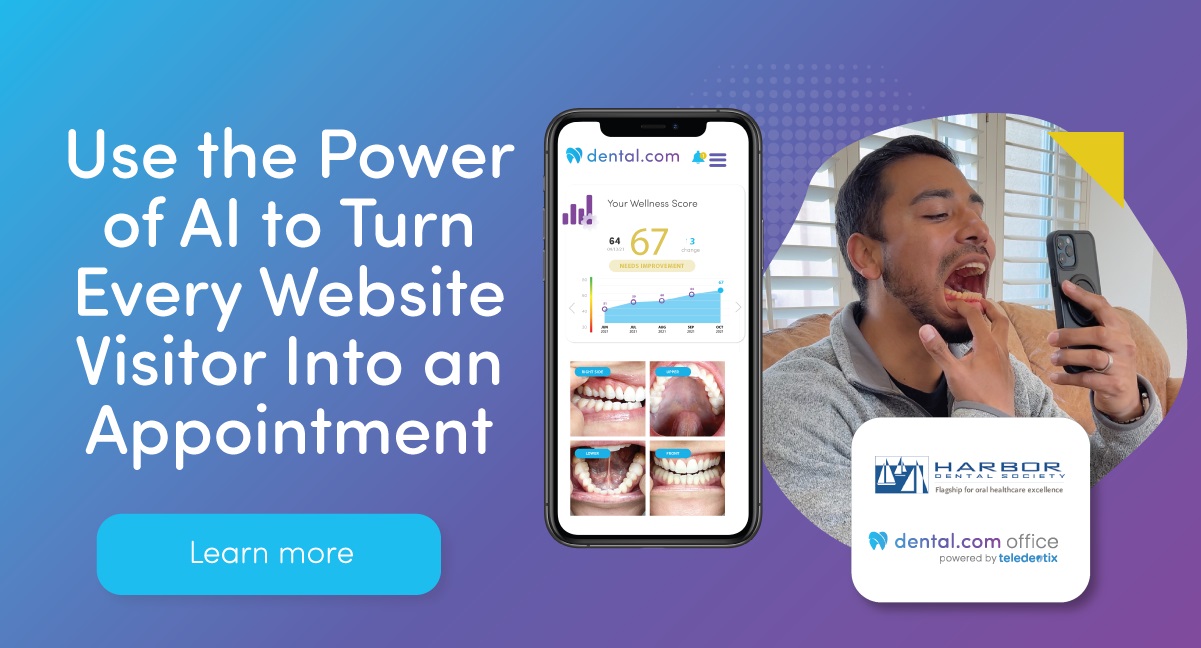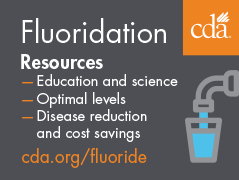Monday, Oct 2, 2023
Loan Repayment Programs for Practicing Dentists
The American Dental Education Association (ADEA) is the Voice of Dental Education (since 1923).
It tracks and reports updates about key legislation and trends impacting the (dental) health professions community, particularly ‘education’. Its principal aim is to assist oral health professionals’ readiness for the future.
On ADEA’s website (https://www.adea.org/advocacy/state/loan-forgiveness-programs.aspx.)
you may view an interactive map of federal and state loan repayment/forgiveness programs:
In a nutshell, there are 3 options listed for California:
(1) The California State Loan Repayment Program (SLRP) -considers eligible licensed dentists and registered dental hygienists who are U.S. citizens practicing full-time (2yrs) or part-time (4 yr) in a federal health professions shortage area (HPSA) for up to $50K loan repayment for a 2yr (FT) -4yr (part-time) initial contract, potentially extended --terms of contract must be agreed upon in advance;
(2) The California Dental Corps Loan Repayment Program -offers up to $35k/yr for up to 3 yrs to dentists working in designated at least 50% dentally underserved areas (health professions shortage area-HPSA) and providers receiving priority must meet other eligibility requirements relative to languages spoken, background from economic/socio-economically disadvantaged family and recognized dental specialty needed in the HPSA;
(3) CalHealthCare – a program which rewards up to $300k in loan repayment for a 5-year commitment to dentists and physicians whose patient caseloads include 30% Medi-Cal beneficiaries.
.
Federal Loan Forgiveness for Dentists – pending approval of FY2024 budget
As of July 2022, the following programs were still active
The Dept. of Education provides two forgiveness options to dentists with federal student loans:
Public Service Loan Forgiveness (PSLF)
To be eligible for Public Service Loan Forgiveness (PSLF), you must:
- Work full time for a qualifying employer. This includes government employers through federal, state, local or tribal organizations; nonprofits; and the AmeriCorps or Peace Corps.
- Make 120 qualifying payments. You must make 120 qualifying payments under one of the four income-driven repayment (IDR) plans. This equates to 10 years of payments.
After meeting these requirements, you can submit an application to have your remaining federal student loan balance forgiven tax-free. https://www.forbes.com/advisor/student-loans/forgiveness-for-dentists/
Income-driven Repayment
An income-driven repayment plan sets monthly student loan payment at an amount that is intended to be affordable based on income and family size. Potentially any remaining federal student loan balance might be forgiven after 20 or 25 years, depending on the plan.
There are four main IDR plans available (must verify status and terms of each program, if available):
- Income-based repayment (IBR): based on financial hardship, payments are limited to 10% or 15% of your discretionary income, and your remaining balance will be forgiven after 20 or 25 years, depending on when you took your loans out
- Pay As You Earn (PAYE): also based on financial hardship payments will be capped at 10% of your discretionary income, and any remaining balance can be forgiven after 20 years.
- Revised Pay As You Earn (REPAYE): On this plan, payments will be 10% of your discretionary income—though unlike with the other plans, these payments aren’t capped. Loans for undergraduate studies may be forgiven after 20 years, while loans for graduate +professional programs like dental school can be forgiven after 25 years.
- Income-contingent repayment (ICR): Under ICR, payments will be 20% of your discretionary income or equivalent of payments on a 12-year, income-adjusted plan. Remaining balance will be forgiven after 25 years.
Loans forgiven through an IDR plan are considered taxable income.
National Repayment Programs for Dentists
Please explore service-based dental loan repayment programs (LRPs) offered by national organizations.
National Health Service Corps Loan Repayment Program
The National Health Service Corps (NHSC) offers a handful of LRPs, but its broadest program is the NHSC LRP. Licensed primary care medical providers—including dentists, physicians and mental health professionals—can receive up to $50,000 in repayment assistance for qualified federal and private student loans.
Participants must agree to a two-year service contract working full time or part time in a Health Professional Shortage Area (HPSA) approved by the NHSC. Part-time providers are eligible for a maximum of $25,000 of repayment assistance, while full-time employees can have a maximum of $50,000 of their student loans repaid.
After completing the required two years, you can apply for additional repayment through one-year contracts, though there’s no guarantee that you’ll be approved. Also note that a part-time service option isn’t available
to those who work in private practices.
National Institutes of Health (NIH) Loan Repayment Programs
The National Institutes of Health (NIH) offers two LRPs—one for researchers employed by the NIH (intramural) and one for those who work externally (extramural). In return for engaging in research relevant to the NIH, you can receive up to $50,000 per year in student loan repayment assistance. Renewal awards are also available.
Dentists who have a Doctor of Dental Surgery (D.D.S.) degree, Doctor of Medicine in Dentistry (D.M.D.) or an equivalent doctorate from an accredited school are eligible to participate in both the extramural and intramural NIH LRPs. You must also have educational debt (federal or private) equal to or exceeding 20% of your institutional base salary (not applicable to renewal applicants), conduct approved research and meet all other requirements to participate.
Indian Health Service Loan Repayment Program
The Indian Health Service (IHS) LRP offers up to $40,000 in student loan repayment assistance to dental professionals who agree to a two-year contract serving American Indian and Alaska Native communities. Eligible dental professions include dentists (D.D.S. and D.M.D.), dental hygienists, dental assistants and dental therapists (associate degree).
This program allows you to renew your contract each year until your entire balance of qualified student debt is repaid. This includes both federal and private student loans used to pay for your dental program and required undergraduate prerequisites.
Note that if you accept an award through the IHS LRP, you can’t also receive support from another government-funded program—such as the NHSC LRP—at the same time.
Military Loan Repayment Programs
A dentist who has served/is serving in the U.S. military, might be eligible for a LRP program:
- Air Force Health Professions Loan Repayment Program: Dentists who are on active duty with the Air Force can receive up to $40,000 (minus about 28% in federal income taxes) in student loan repayment over two years.
- Army Active Duty Health Professions Loan Repayment Program: Dentists on active duty with the Army can receive up to $120,000 in repayment assistance spread over three years.
- Navy Health Professions Loan Repayment Program: This program offers dentists a maximum of $40,000 (minus about 25% in federal income taxes) to pay toward their student loans. You must meet commissioning service requirements and serve on active duty for two years.
- Education Debt Reduction Program: Dentists who work for the Department of Veterans Affairs (VA) could be eligible for this program, which offers up to $200,000 in loan repayment over five years.
- VA Student Loan Repayment Program: This is another option for dental employees of the VA, which provides up to $60,000 in student loan repayment over six years.
As of 2022, an LRP is not available through the Marines.https://www.forbes.com/advisor/student-loans/forgiveness-for-dentists/; https://studentaid.gov/manage-loans/repayment/plans/income-driven
Summary compiled by Harbor Dental Society Editor and Ethics Chair Dr. Veronica Greene, DDS, MPH







